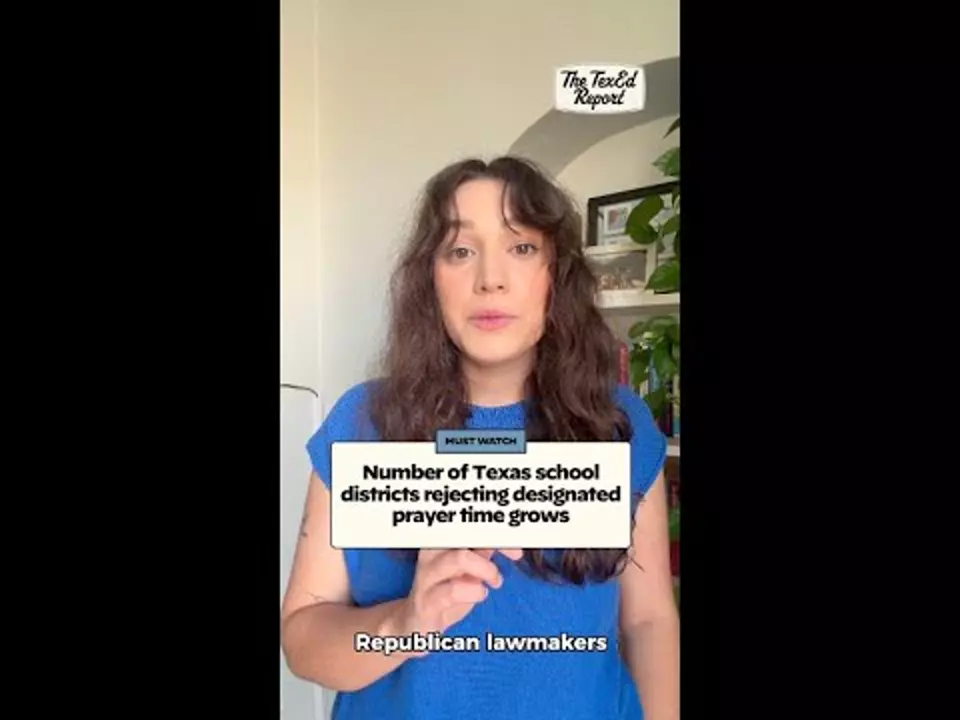
Medicaid is a state and federal cooperative program that provides medical coverage to eligible Americans who might otherwise go without medical care for themselves and their children.
Here’s how to apply in Texas:
Eligibility
To be eligible for Texas Medicaid, you must be a resident of the state of Texas, as well as a US national, citizen, permanent resident, refugee, or someone granted asylum. You must also be in need of health care/insurance assistance, and have a financial situation that is characterized as “low income” or “very low income.”
All Medicaid programs have income limits for eligibility, with the limits varying based on household size and the age range of the potential enrollee.
The exact income limits in Texas for adults applying for Medicaid for themselves can be found here.
To be eligible, you must also be one of the following:
- Pregnant;
- Blind;
- At least 65-years-old;
- Responsible for a child 18 years of age or younger; or
- Have a disability (you also qualify if a household member has a disability).
Income limits for the families applying for children’s Medicaid or the Children’s Health Insurance Program (CHIP) for their children can be found here.
Financial resources and assets are not considered, unless the individual applying for coverage is elderly or has a disability. The families of children applying for certain Medicaid programs for their kids may also have their assets reviewed as part of the application process.
How to Apply
To apply for Medicaid in Texas, click here.
You will be asked to provide:
- Proof of identity (such as a driver’s license or state identification card)
- Your Social Security Number
- Proof of residency (such as tax records, lease agreements, or mortgage documents)
- Proof of United States citizenship (exceptions apply for those without citizenship status)
- Information on your household composition and support needs (if there are disabled people living in your home)
If you have any questions about applying, you can call the Texas Medicaid hotline toll-free at 1-800-252-8263, or email [email protected].
There are also several organizations that can help you navigate the application process throughout the state of Texas. To find one near you, click here.
If you are approved, you will be issued a Texas Medicaid card. This will function as your ID card and you’ll need to show it to get any Medicaid benefit, such as coverage for a doctor’s visit.
You will then choose a health plan from the ones available in your area.
Services Covered by Medicaid
Medicaid covers all the same services provided by private insurance companies. These services are provided by the health plans you choose.
This includes:
- Regular checkups to the doctor and dentist
- Medicine and vaccines
- Hospital care and services
- X-rays and lab tests
- Vision and hearing care
- Access to medical specialists and mental health care
- Treatment of special health needs and pre-existing conditions
In some states, Medicaid coverage is granted retroactively, meaning that your new health coverage can apply to certain medical expenses that happened before you were on Medicaid. In Texas, however, retroactive eligibility must be applied for with the Health and Human Services Commission (HHSC)—it is not granted automatically.
You will be prompted to answer questions on your Medicaid application about outstanding medical bills, and you must request prior coverage from an HHSC representative to see if you can receive retroactive coverage.
Medicaid for Parents and Caretakers
If you care for a child already getting Medicaid in the state of Texas, you might be able to get Medicaid for yourself.
The child must live with you and be 17-years-old or younger, or 18-years-old and attending school full time.
Being a related caretaker means you are:
- A parent or step-parent;
- A sibling or step-sibling;
- A grandparent;
- An uncle or aunt;
- A nephew or niece;
- A first cousin or the child of a first cousin.




















